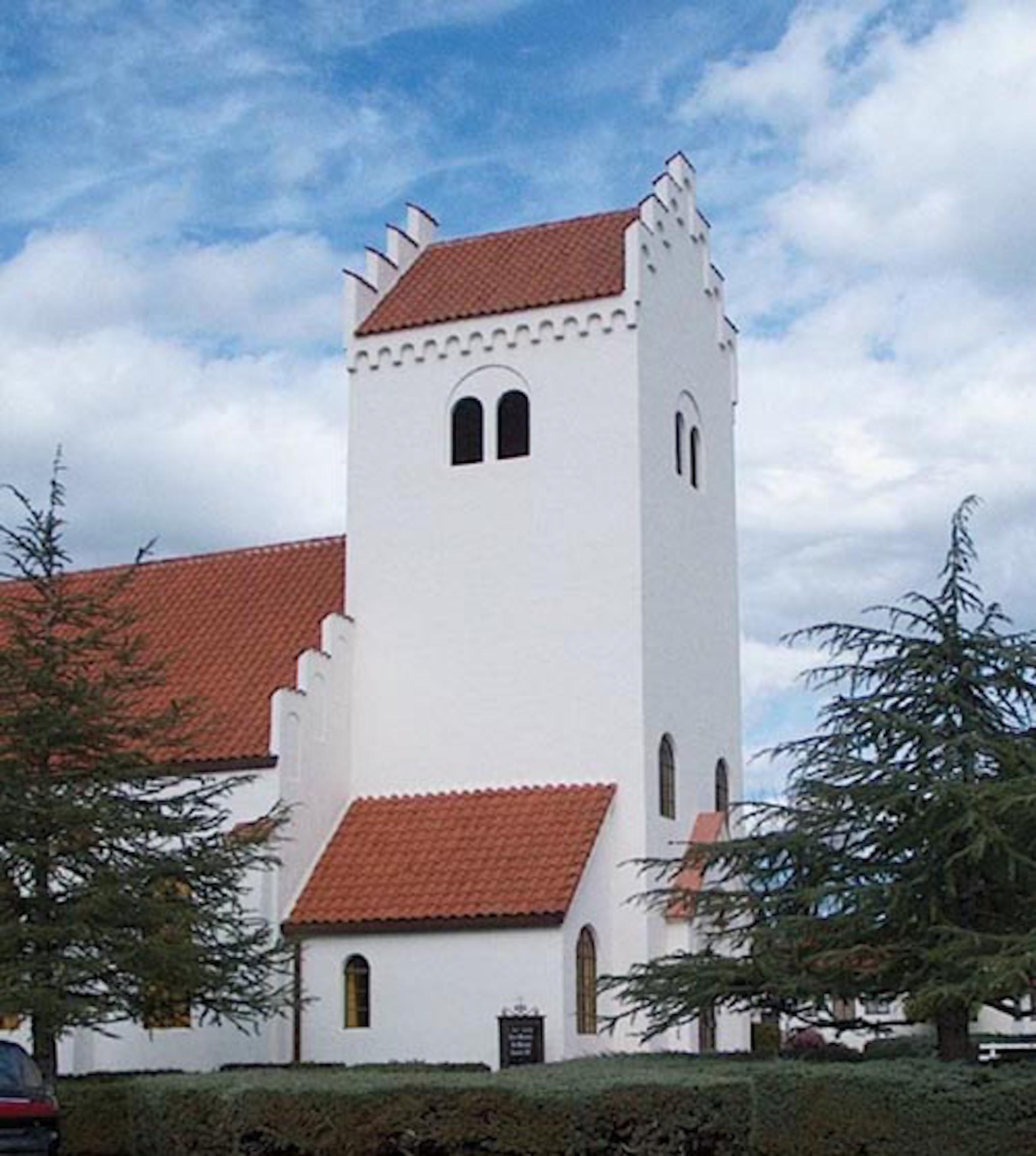By Rev. Chris Brown – Bethania Lutheran Church
I wish to tell you an incredible story of a virgin who gave birth to a son through divine purposes who would grow up to be called “Son of God” and “Savior of the World.”
There was once a young maiden who went to worship and sacrifice at the temple of Apollo. While there, she fell asleep and a serpent came upon her and then left. When she awoke she had a mark on her skin of a serpent that would not go away, and 10 months later she gave birth to a son and named him Gaius Octavius Thurinus.
That boy would grow up and avenge the death of his uncle, Julius Caesar, and become the next Emperor of Rome, taking the name Caesar Augustus. His rule would be marked as one of the greatest of all Roman Emperors, ushering in a period of great expansion, wealth, and unification through defeating all enemies in war. His influence on the Roman Empire would be more significant than any emperor before or after.
A few years before his eventual death, another boy would be born of a virgin, not in a palace, but in a poor Jewish town outside of Jerusalem. He would not be born of royal parents, of wealth and status, but next to livestock and kept in a feeding trough. He would never attain wealth or military power, and he would never seek to expand territory or create peace through warfare, but rather would expel material possessions and travel throughout the land caring for those in need and sharing messages of peace through compassion and love.
Of these two stories, there is one that was well known in antiquity and there is one that is far better known today.
Two thousand years ago, it was impossible not to know of Caesar Augustus and his divine attributes, yet few knew of Jesus the Nazarene. Today, most of the world knows the story of Jesus, especially the story of his birth, yet few would know the story of Augustus, a man of far greater influence and power in his time.
Yet the story of Jesus’ birth survived and flourished, not because of his might and power, but because of his humble origins and his counter-cultural actions of love and inclusivity, especially of those who had been cast out of their communities. Jesus’ story spread throughout all of Judea and Rome because ordinary and marginalized people heard in it a movement that spoke against the powers of their time and included a person with whom they could inherently and immediately connect.
The story of Jesus’ birth was always meant to be told in conjunction with that of Caesar Augustus, primarily because Jesus was everything Caesar was not. Most people today don’t know this historical piece of the Christmas story. But we should.
As we celebrate or share this story each year, we should remember that it stands as a moment in time when humility, compassion, non-violence, peace, care for those at the margins, and love triumph over status, power, violence, war and systems that keep people at the bottom.
As you celebrate, share or hear the Christmas story again, whether you are of the Christian faith, a different faith, or of no faith, I hope that it happens in light of its parallel to Rome, and I hope it speaks to you.
I pray that you may experience the radical hope it brought to those who heard it first: that love exists for all people, and our greatest stories come from how we care for one another. And in whatever way seems fitting to you, I pray you share it with those around you.
Merry Christmas and Happy Holidays.




